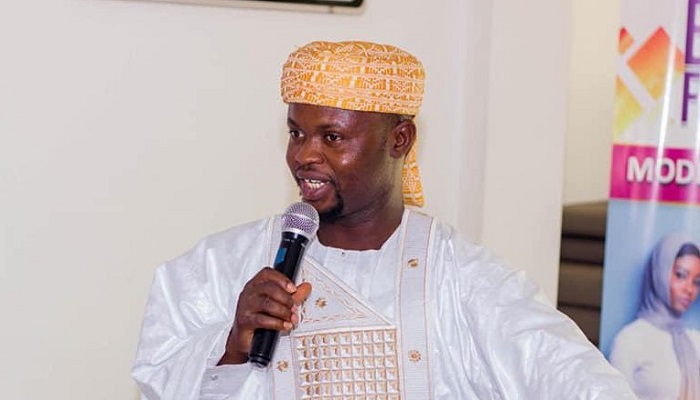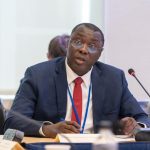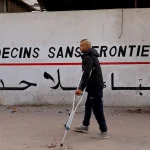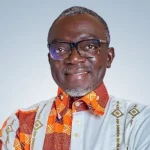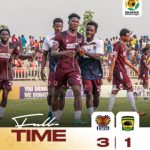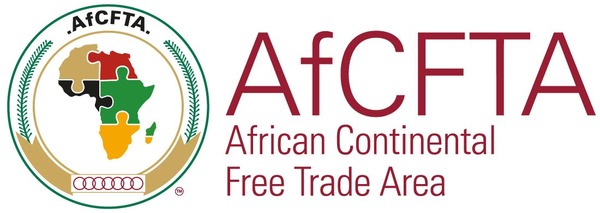Our ninth general elections are just around the corner, with barely some weeks to go, and the men and women in the media particularly the Daily Graphic are doing a fantastic job of balancing their reportage and giving all the major political parties access to reach their target audiences.
We have neither heard nor recorded any allegations or accusations of bias or discrimination from the major political parties. Congratulations once again for exhibiting competence, a high sense of responsibility, and a commitment to the duties and standards of your work.
I feel obliged to comment and provide some insights based on my limited understanding of the role of traditional, cultural, and religious leaders in the politics and governance of our nation.
I read on some media outlets last week that certain Chiefs and Religious leaders are not only prophesying the triumph of certain political leaders but also going as far as expressing their support for the political leaders of their choice.
Although some Ghanaians, including high-ranking and influential leaders, disagree with non-political actors showing their preference for particular political parties, I disagree with those who oppose this, and my reasons are as follows:
1. Non-political leaders are citizens of Ghana just like any of us. They cast individual votes like any other voter. These leaders often suffer more than their subjects when the country faces economic difficulties due to the poor policies of political leaders. You would agree that community leaders are the first points of contact for their subjects during difficult times. However, this is not always the case when their subjects benefit and decide to celebrate. Most individuals invite family and friends to celebrate success in business or profession, but few remember to send even a token of appreciation to their community leaders when sharing their gains with loved ones.
2. Leaders of political parties often pretend to have great respect for local authorities and community leaders. However, this respect rarely translates into positive action or responses to the needs of these leaders. I can assert this confidently, having grown up around both community and national power for the past 25 years. I have witnessed the demands made by our leaders to political actors, and the responses from governments and political leaders have often been inadequate, sometimes even disrespectful. This is especially evident when you compare it to how traditional and religious leaders interact with politics in other parts of the world. I count myself privileged by the grace of Almighty Allah to have had the opportunity to observe this in four different continents.
Let me quickly add that many of the demands made by non-political leaders are for the benefit of their subjects and communities. In some cases, the benefits may go directly to the leaders, but ultimately the community gains.
Consider, for instance, a community leader’s request to refurbish or reconstruct a dilapidated school, clinic, library, road, market, drainage facility, or business center. The community would benefit from using such facilities, which would improve their living standards. I imagine the plight of poor farmers whose produce is always at the mercy of the weather due to the lack of warehouses.
For all the reasons mentioned above, a non-political leader who is experienced enough to distinguish between the best policies of two or more political parties should be able to advise their subjects on what they believe would be better for them.
I was especially pleased when I realized that some Chiefs and Clergy were actually listing the projects initiated and executed by a political party in their communities. This is commendable, as it serves as a great reminder to beneficiaries and a wake-up call to opposing political parties to do more or emulate their opponents if they genuinely seek power to develop Ghana through community transformation.
I pray that God grants us the wisdom and enlightenment to understand that opposing views or ideas do not necessarily mean enmity, and they should not generate hatred for one another. Elections are merely an act of choosing an idea or set of policies that one truly believes will serve our interests and bring about development, peace, and stability.
The author is Alhaji Khuzaima Mohammed Osman, a Member and Chairman of the Finance and Fundraising Committee of the Greater Accra Regional Peace Council of the National Peace Council of Ghana (NPC).


